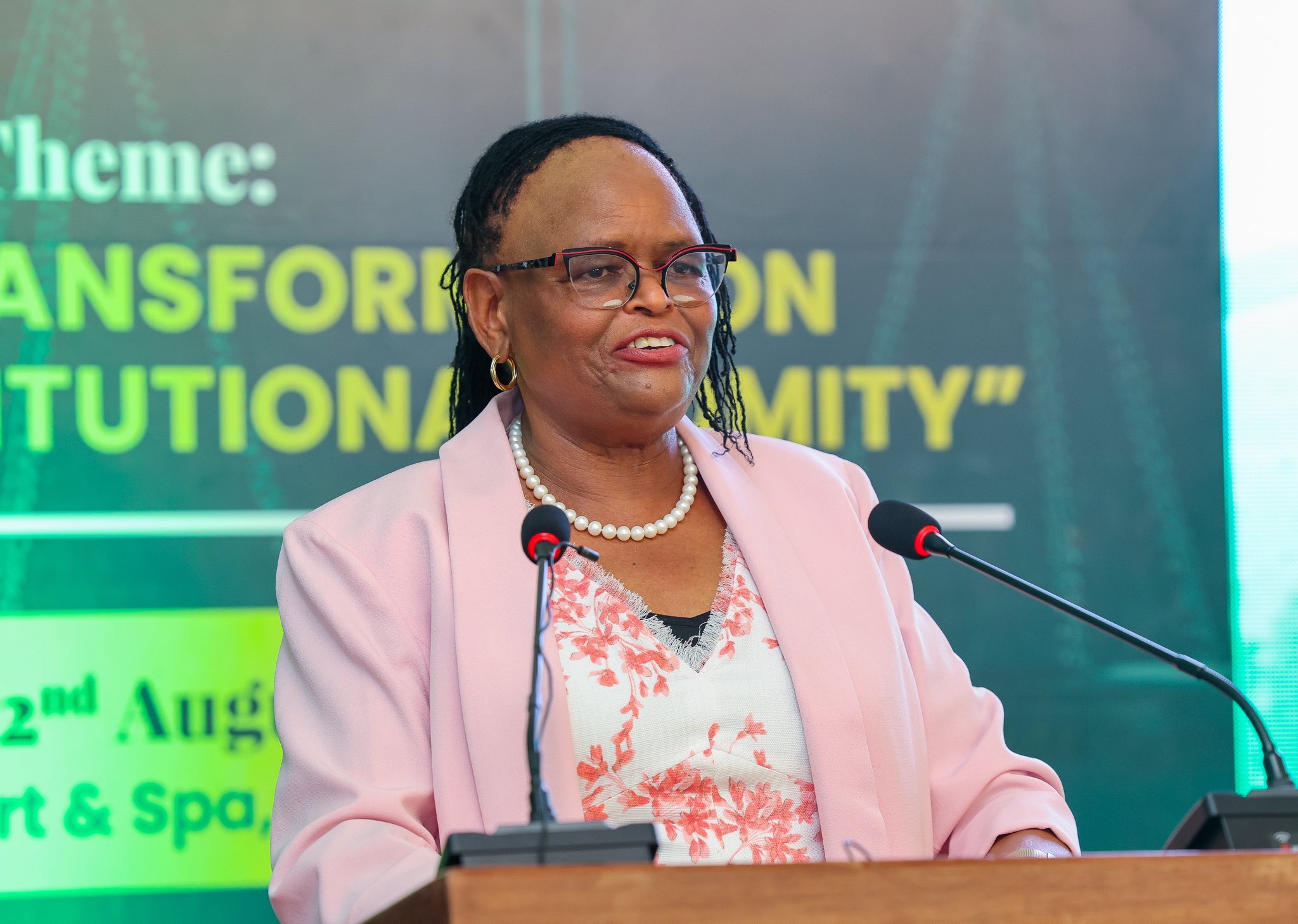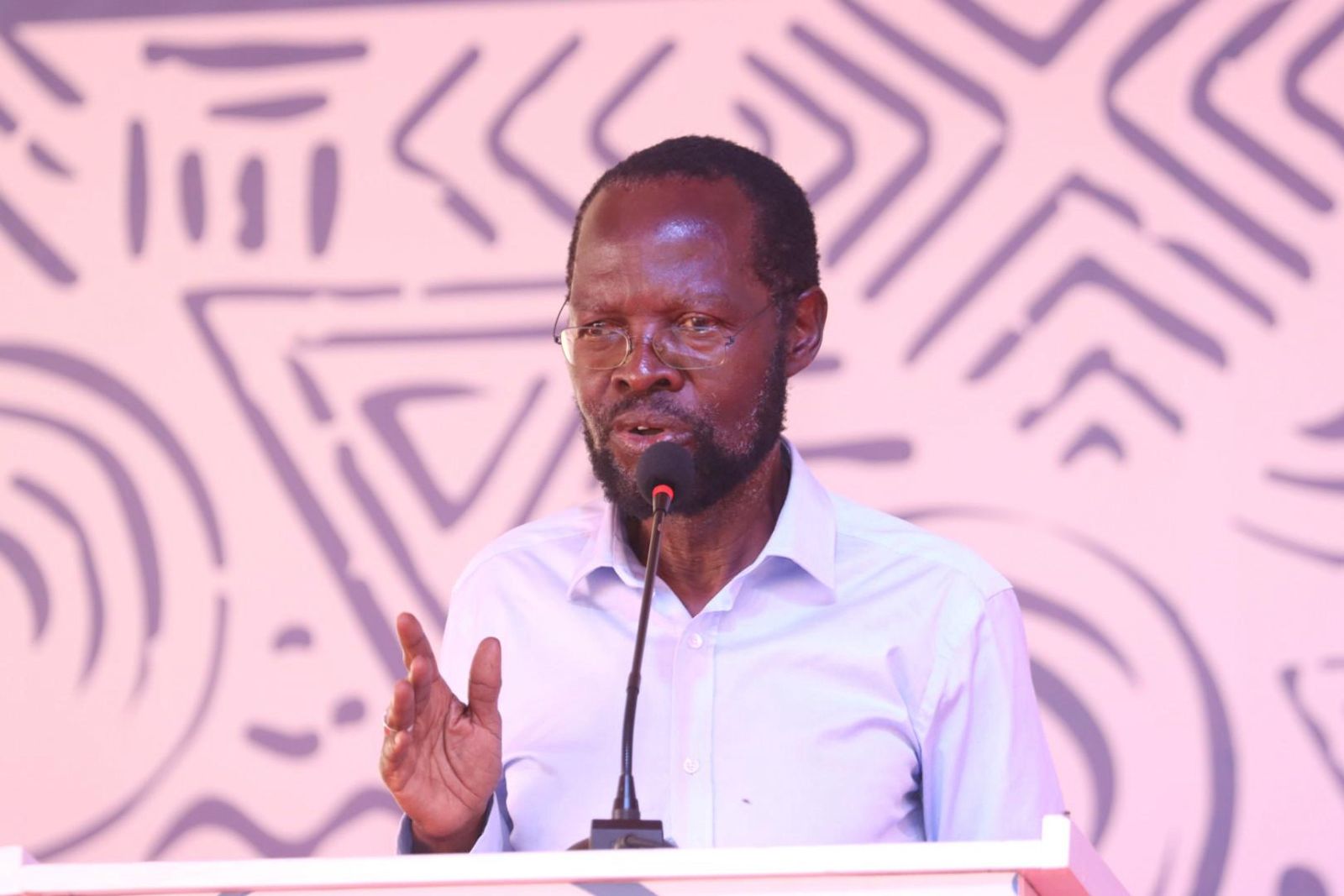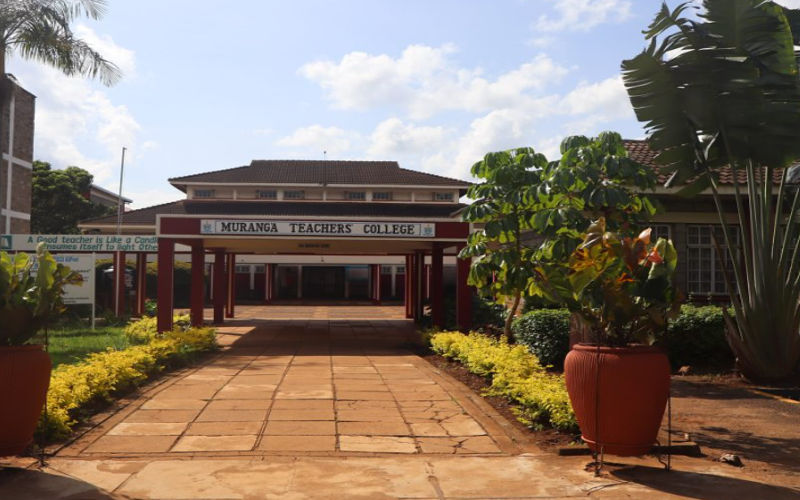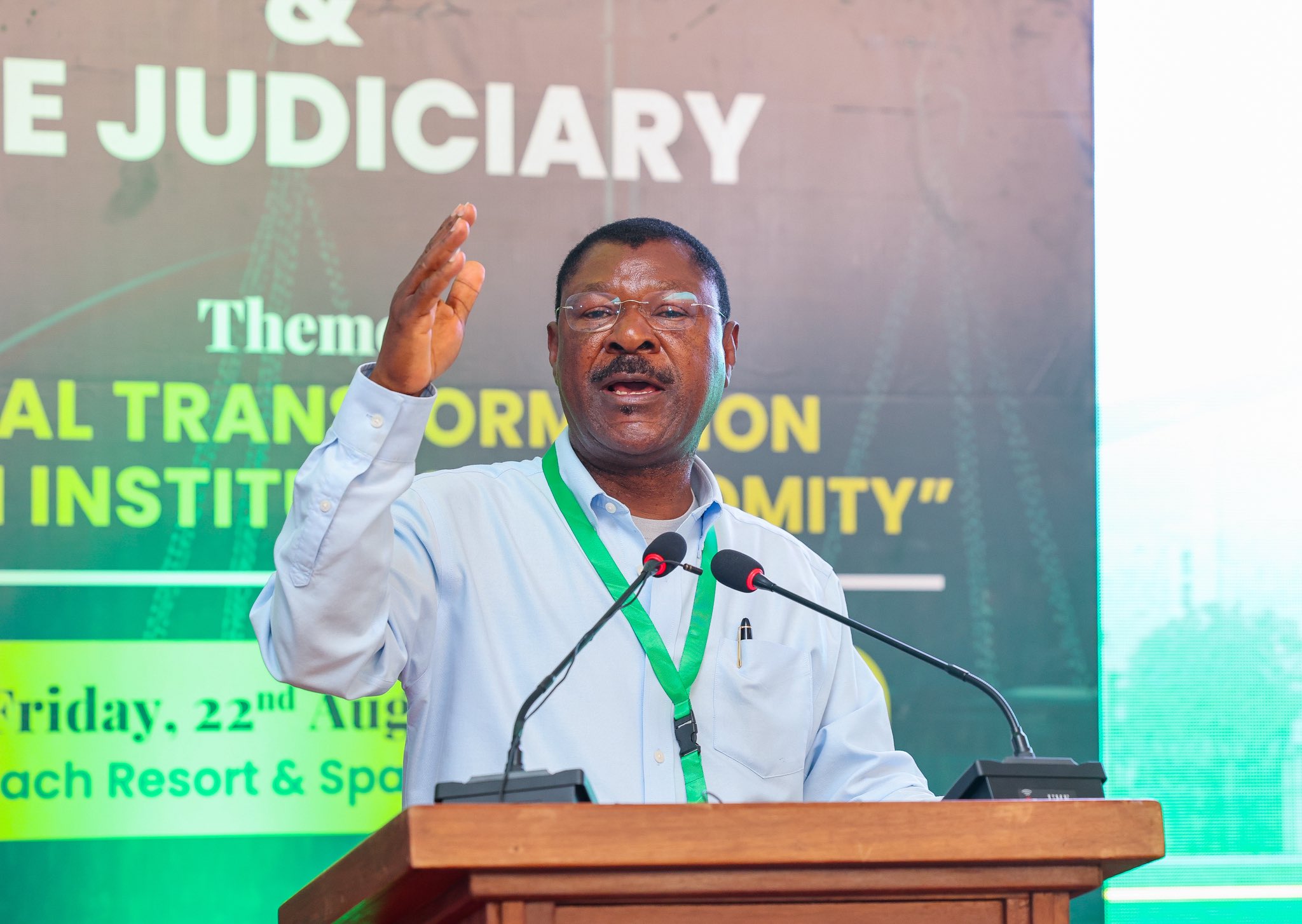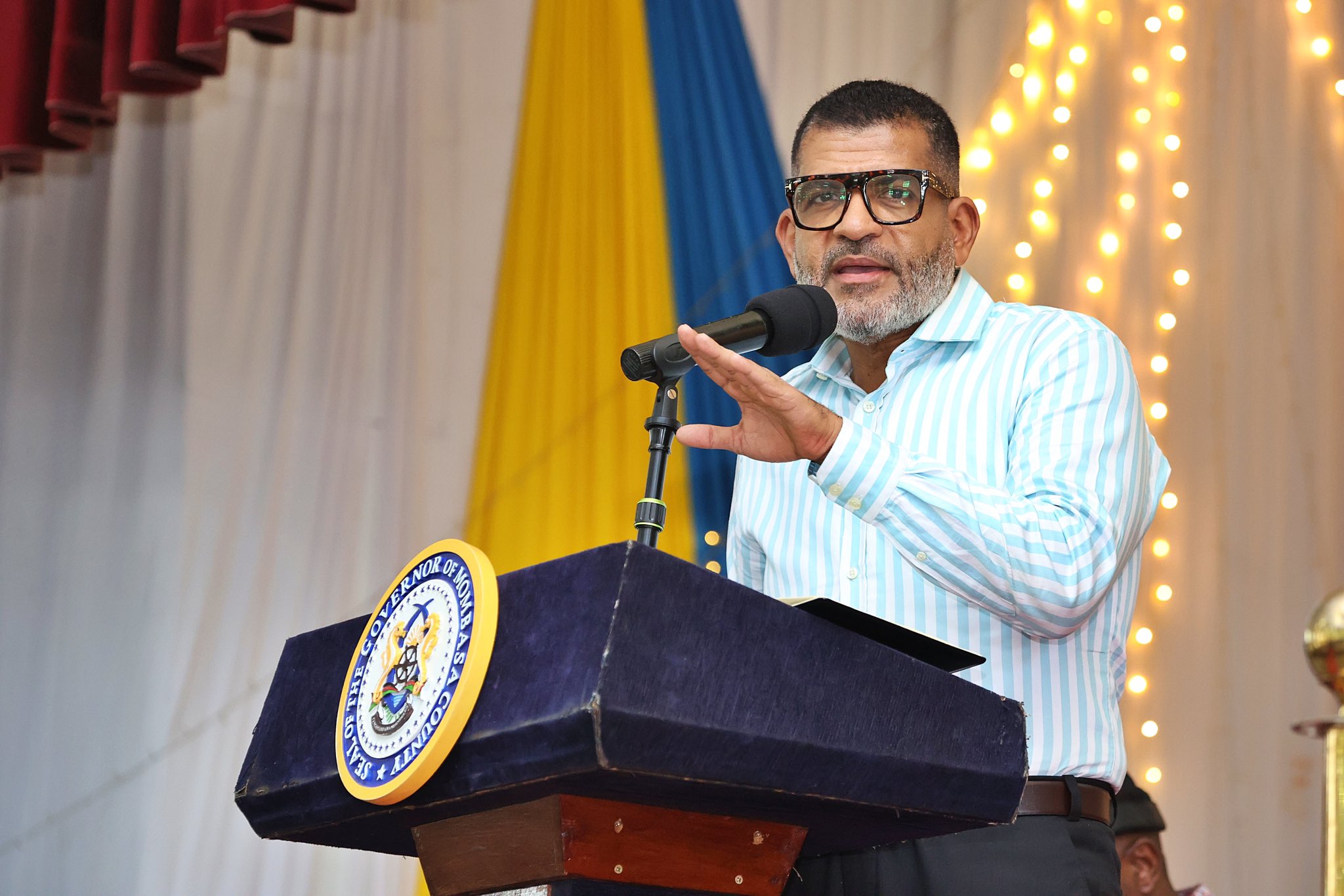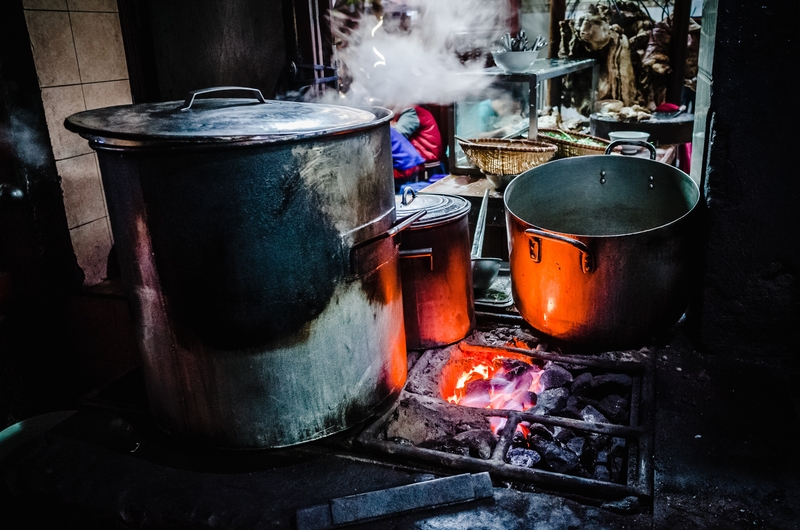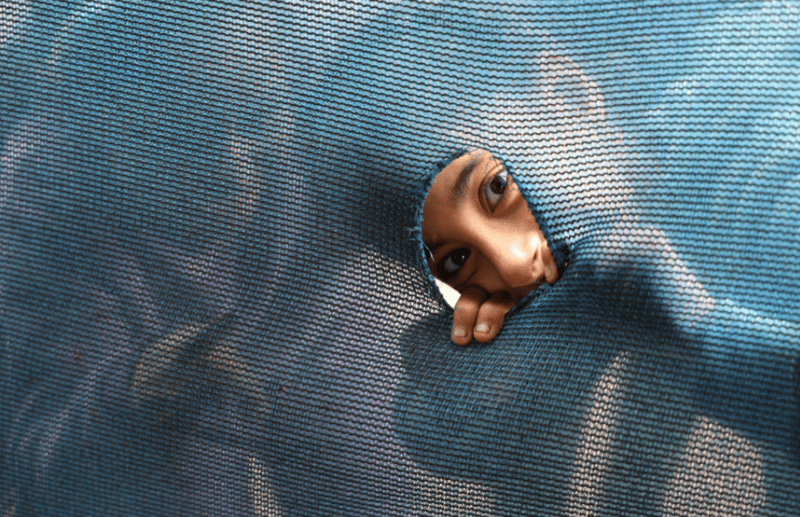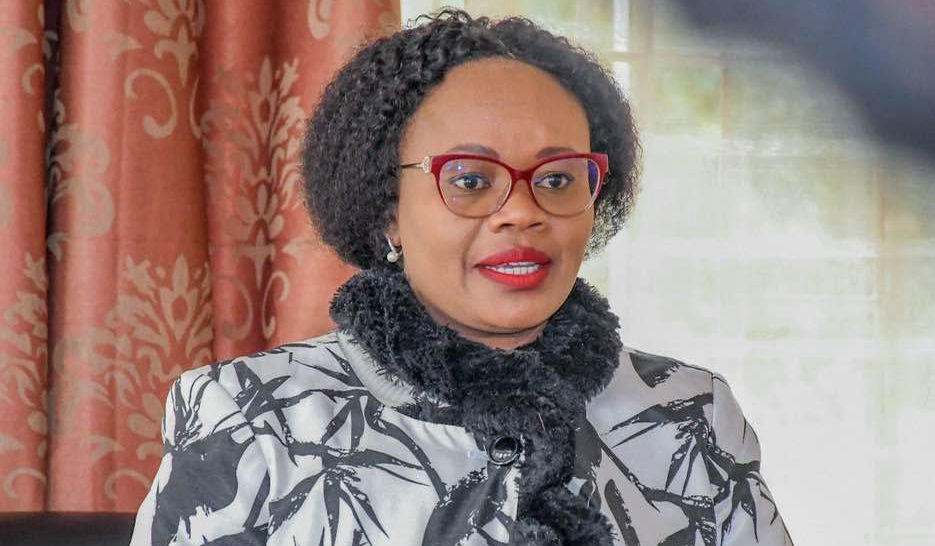School heads warn of early third-term closure, exam disruption over delayed capitation funds
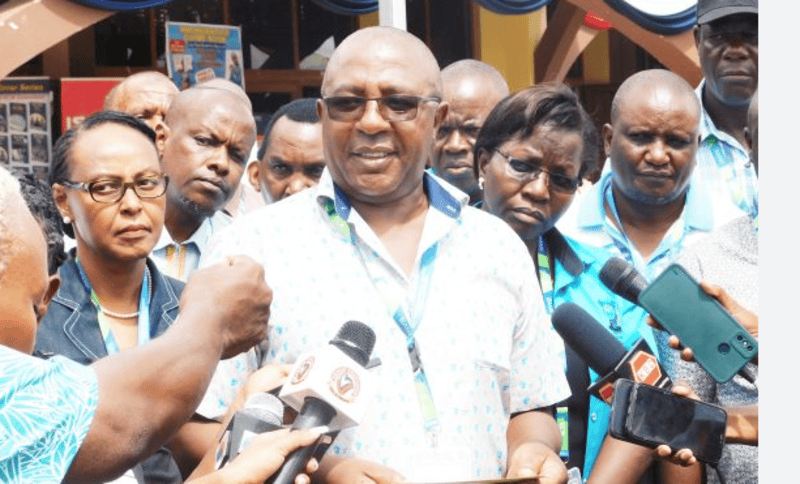
Kenya Union of Post-Primary Education Teachers (Kuppet) Deputy Secretary General Moses Nthurima also raised the alarm, saying the delay had set up schools for a financial crisis.
School heads have called for the immediate release of billions in pending capitation funds ahead of school reopening on Monday, warning that operations and national examinations could be disrupted in the third term if the government fails to act.
Kenya Secondary School Heads Association (Kessha) has revealed that the government owes schools about Sh18 billion, translating to Sh5,506 per learner, in arrears from the first and second terms.
More To Read
- Bill proposes wealth declarations for school bursars and their families
- NTSA issues safety guidelines ahead of schools reopening
- Schools forced to fundraise after Ministry of Education fails to release festival funds
- Section of Nairobi MPs defend reduced school capitation, blame budget strain, rising enrolment
- Education Ministry denies capitation cuts amidst funding confusion
- Ruto affirms commitment to free, quality primary and secondary education despite budget strain
In term two, Kessha said, schools were supposed to receive 30 per cent of the annual allocation, amounting to Sh6,673 per student. However, only Sh3,471 was released, leaving a shortfall of Sh3,202 per learner. For Term One, the expected allocation was Sh11,122, but schools only received Sh8,818, leaving a balance of Sh2,304.
“Combined, the government owes us about Sh18 billion for the first and second terms. In the third term, we are supposed to receive 20 per cent of the Sh22,000 capitation. We hope the capitation will be wired to accounts when schools reopen on Monday,” Kessha national chairman Willy Kuria said in an interview with the Daily Nation.
The third term, which runs for just nine weeks, is the shortest in the school calendar but also the most crucial, with three major national examinations set to take place. The Kenya Primary School Education Assessment (KPSEA) is scheduled for October 24–29, while the Kenya Certificate of Secondary Education (KCSE) will run from November 3 to 21.
Kuria, who is also the Chief Principal of Murang’a High School, warned that schools will not operate smoothly unless the government clears the pending billions in capitation funds. He noted that most public schools had been forced to close early in the second term because they were bankrupt.
“Many schools could not sustain operations without the funds. We had to send learners home weeks before the schedule because we could not feed them or pay suppliers. Day schools rely entirely on capitation and are the hardest hit. With no boarding fees to cushion them, many are gasping for survival,” Kuria said.
Education Cabinet Secretary Julius Ogamba admitted that the funds had not been released but said the ministry was working on fast-tracking the process.
“Capitation funds for term three have not yet been released. We are working on it,” Ogamba said.
In June, the CS told Parliament that public primary and secondary schools were already choking in debt, with the Ministry acknowledging arrears of up to Sh64 billion.
“It is not something I can say I will sort out immediately. My main challenge is to ensure we receive funds in full so we can deal with the Sh64 billion in pending bills. Schools are still not receiving what is due to them. Only 50 per cent of the allocated funds have been disbursed this financial year,” he said.
Kenya Union of Post-Primary Education Teachers (Kuppet) Deputy Secretary General Moses Nthurima also raised the alarm, saying the delay had set up schools for a financial crisis.
“This is going to be terrible for schools, especially considering this is the shortest term. When schools close early, it is always because of deficits, and now with exams coming up, a lot of logistics will be required. Schools will end up suffering,” he said.
Nthurima warned that schools could be forced to close earlier than scheduled, undermining exam preparation.
“The Ministry of Education might ask schools to close early, pretending to be protecting candidates. But in the process, the curriculum will really suffer. Pending balances from the first and second terms have not been addressed. The government has only been sprinkling some money here and there,” he said.
“The government seems unable to fund schools fully. The National Treasury has already pronounced itself on this. Parents may have to start paying more fees if their children are to access quality education.”
He added that while Kuppet does not encourage parents to take on additional financial responsibilities, the current crisis is forcing schools in that direction.
“It is very unfortunate. We have not asked parents to pay extra fees, but the circumstances are forcing us to. Without timely government intervention, schools cannot meet even the most basic needs,” he said.
The demands come even after the Elimu Bora Working Group warned of what it termed the “systematic collapse” of public education, citing illegal levies, corruption and chronic underfunding. A report by the lobby shows that nine in 10 public schools are charging illegal admission fees ranging from Sh500 to Sh25,000.
The group said some schools push costs as high as Sh40,000 annually through hidden levies for remedial classes, lockers and uniforms.
The group’s Policy and Strategy Advisor, Boaz Waruku, accused the government of deliberately starving schools of resources, leading to the illegal levies.
“Since 2003, primary schools have received only Sh1,420 per pupil annually and junior secondary Sh15,042, far below the actual requirement. This deliberate defunding forces schools into the impossible position of either failing to operate or exploiting parents through illegal fees,” he said.
“This represents incompetence and a calculated policy to privatise public education through systematic defunding and forced parent contributions.”
Top Stories Today
